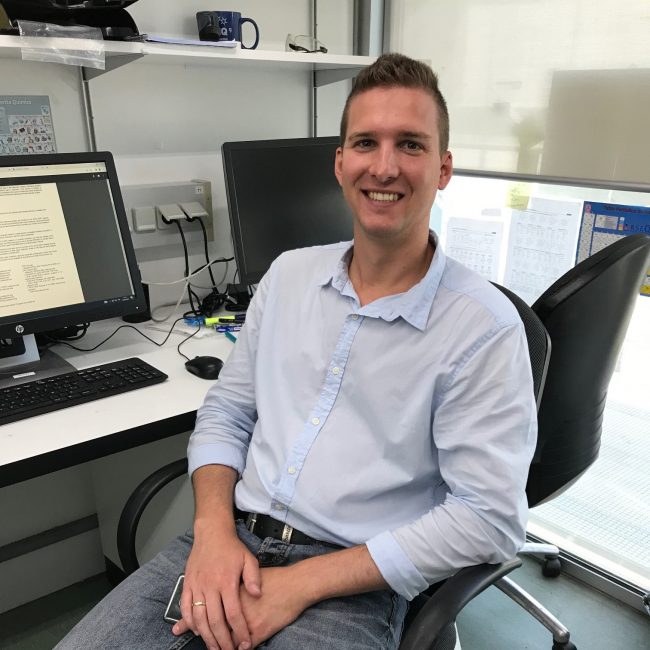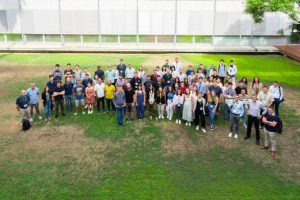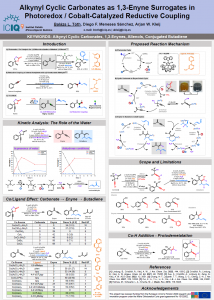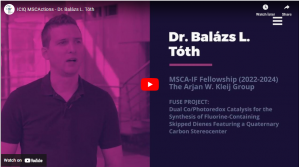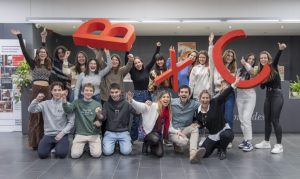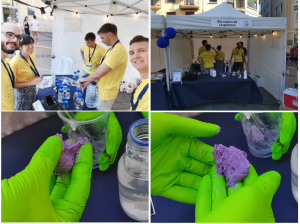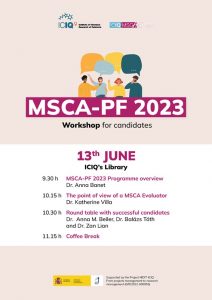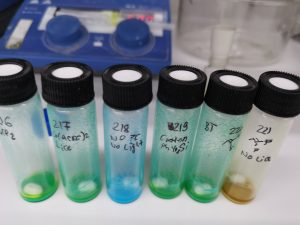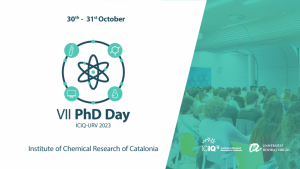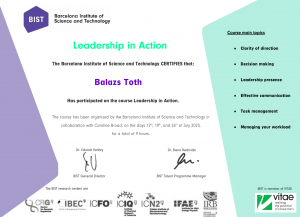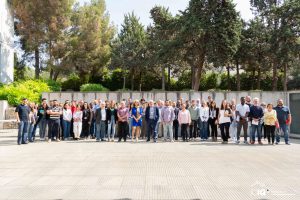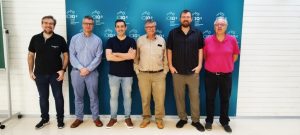Balázs L. Tóth joined the team of Arjan W. Kleij as a MSCA Fellow in 2022. He started his chemical research career in the group of Zoltán Novák at Eötvös Loránd University (ELTE) Budapest, Hungary where he gained experience in C-H activation, synthesis of bimetallic palladium complexes and transition metal catalysis. In 2016 he did a half-year internship at the University of Regensburg, in Germany, where he studied photoredox transformations under the supervision of Burkhard König. In 2020 he defended his PhD work at ELTE which explored the application of hypervalent iodine reagents in direct fluoroalkylation and fluoroalkenylation reactions. In the following year he joined the group of Martín Fañanás Mastral at CiQUS, in Santiago de Compostela, Spain as a postdoctoral researcher. He investigated Pd/Cu cooperative catalysis, allylic chemistry and carried out photocatalytic C-H activation of light alkanes. Currently he is searching for reactivity between electrophilic hydrofluoroolefins and carbon-based nucleophiles prepared via photoredox-controlled ‘Umpolung’ reduction of electrophilic allyl carbonates. Besides chemistry, he enjoys playing basketball, learning computer-based programming languages, and hiking in the mountains.
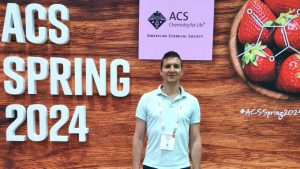
Dr. Balázs L. Tóth presents his work at ACS 2024 Conference
The American Chemical Society (ACS) Spring 2024 conference, held from March 17-21 in New Orleans, Louisiana, was a vibrant mix of hybrid, in-person, and live virtual sessions. The theme of
